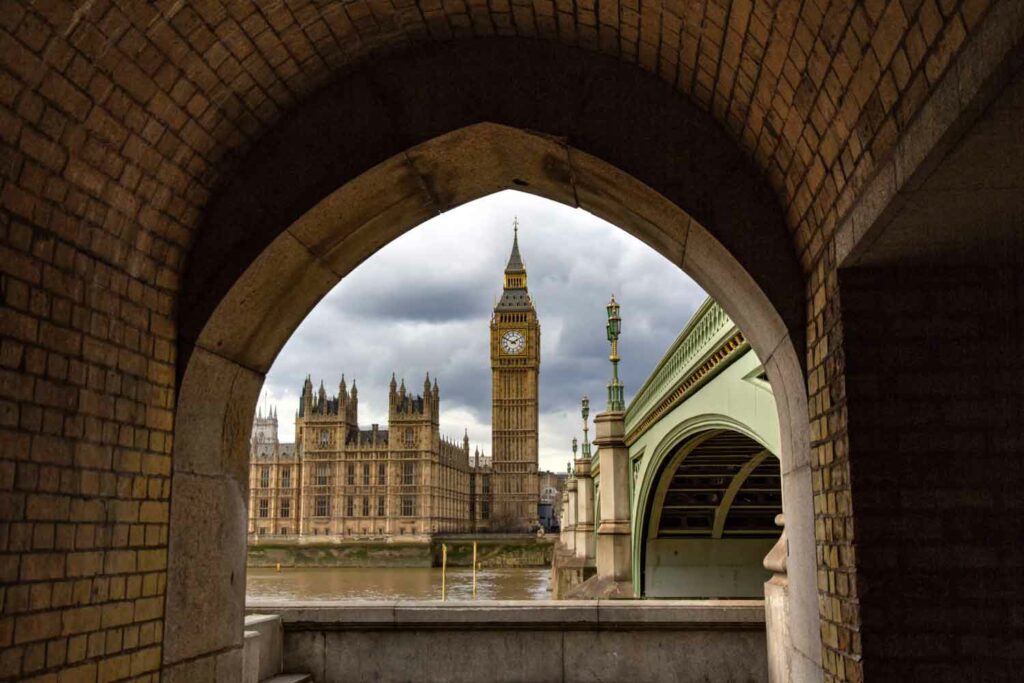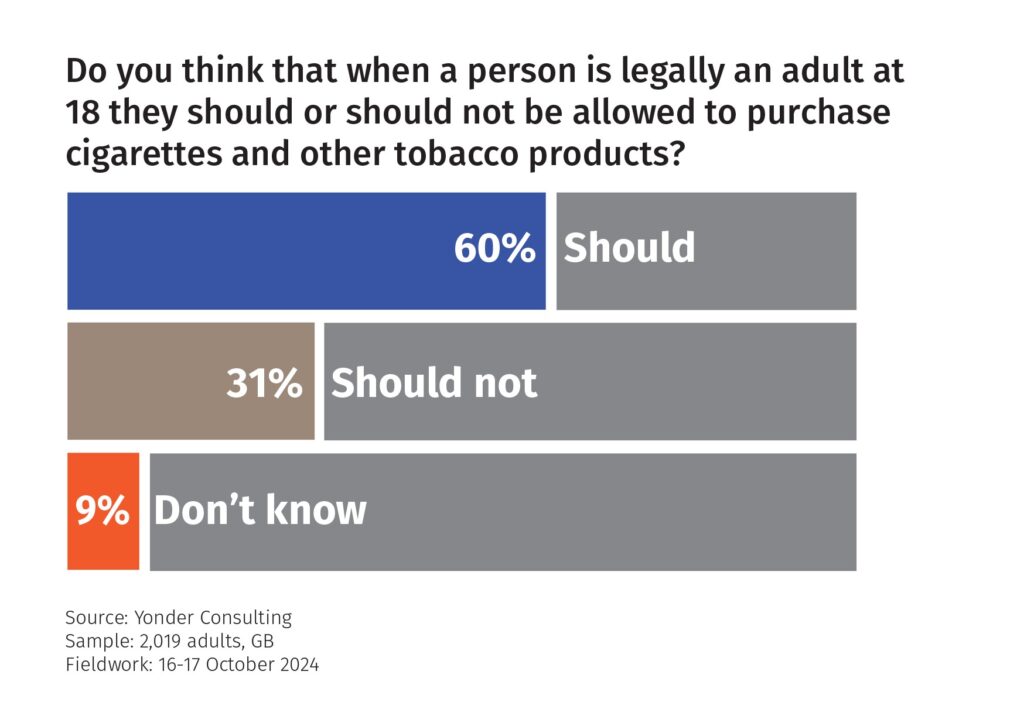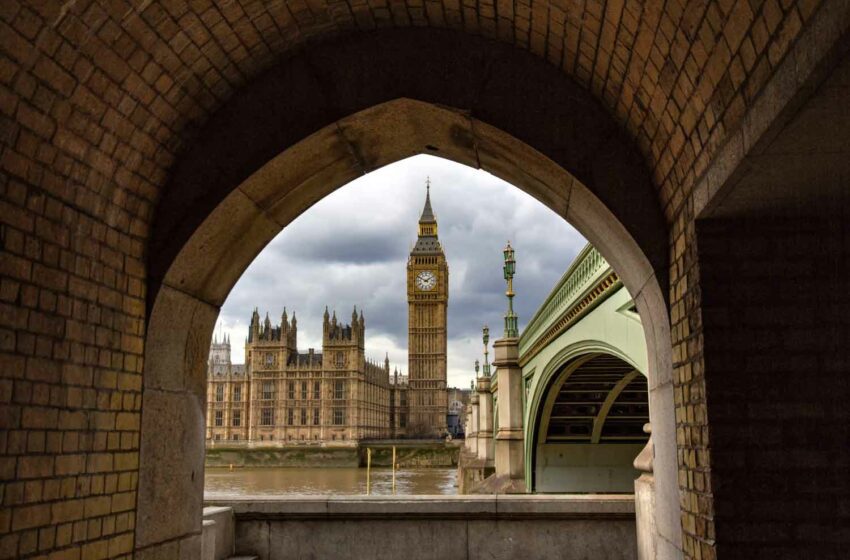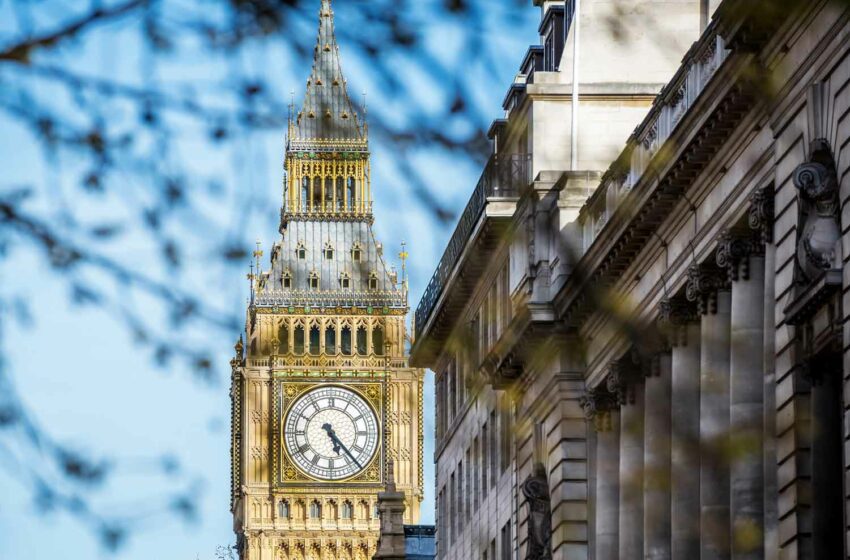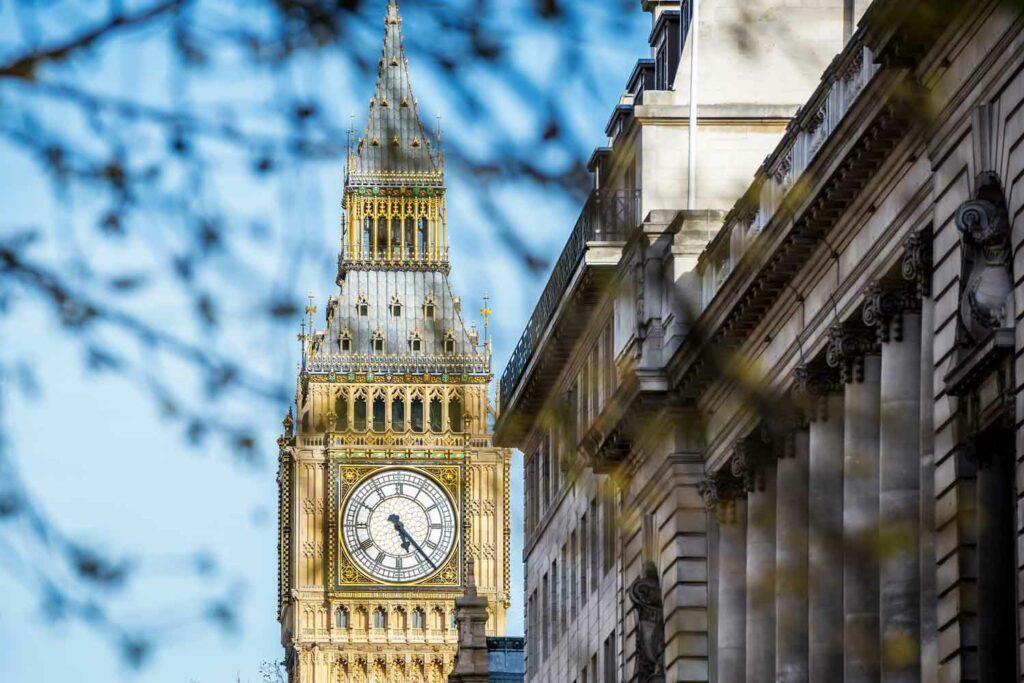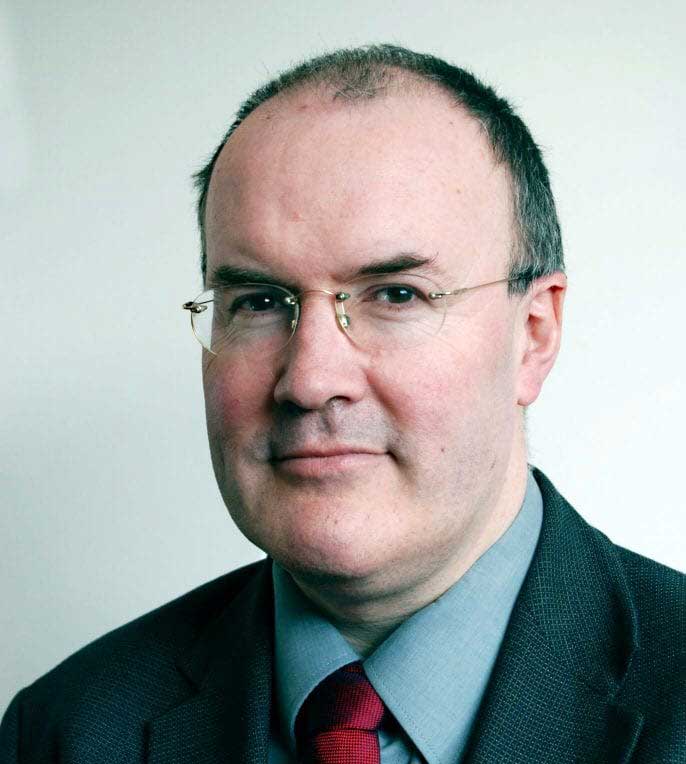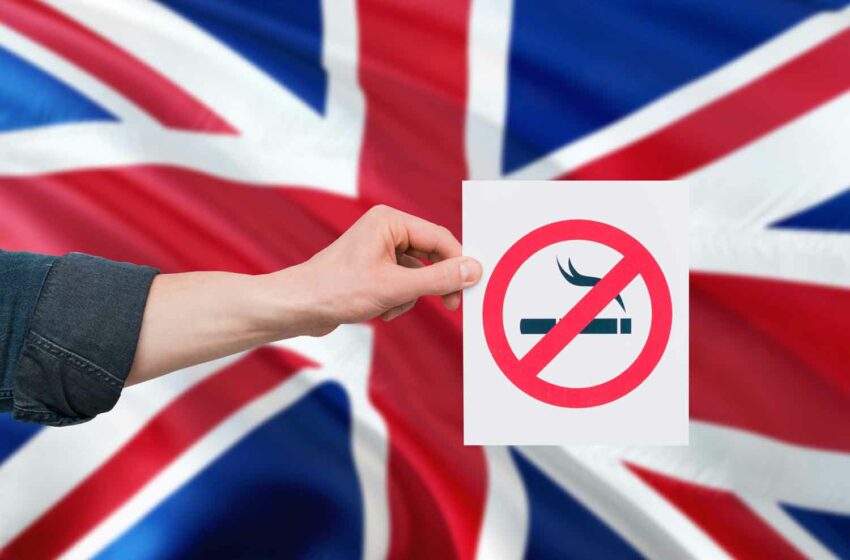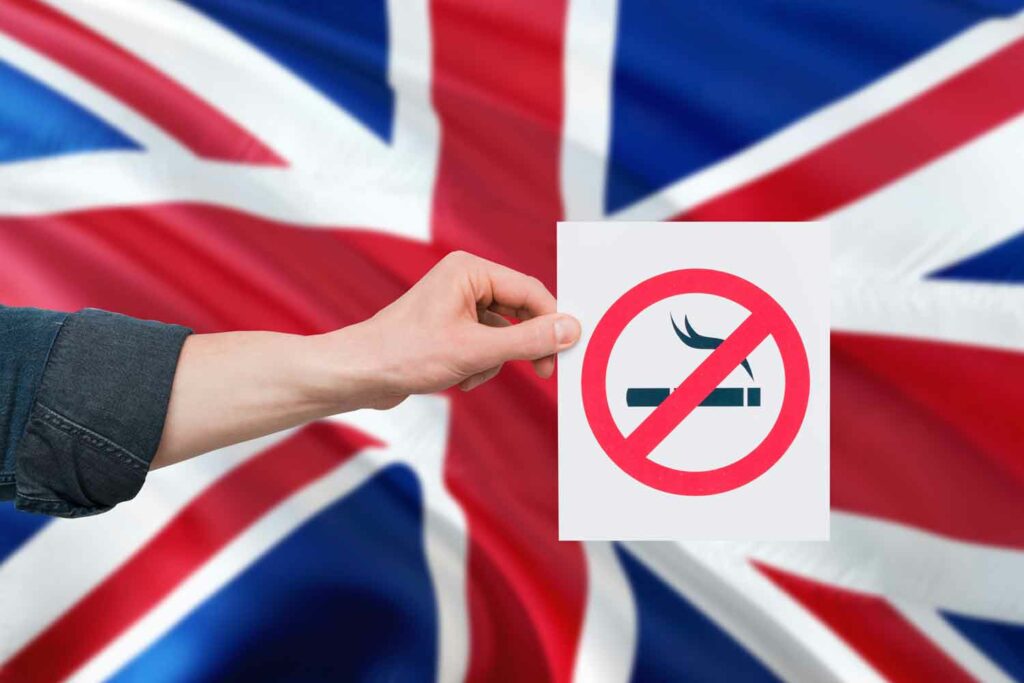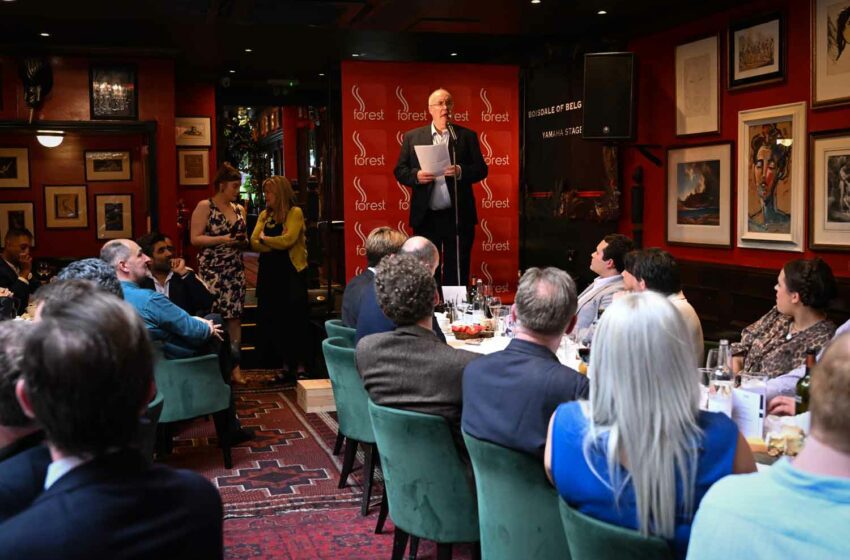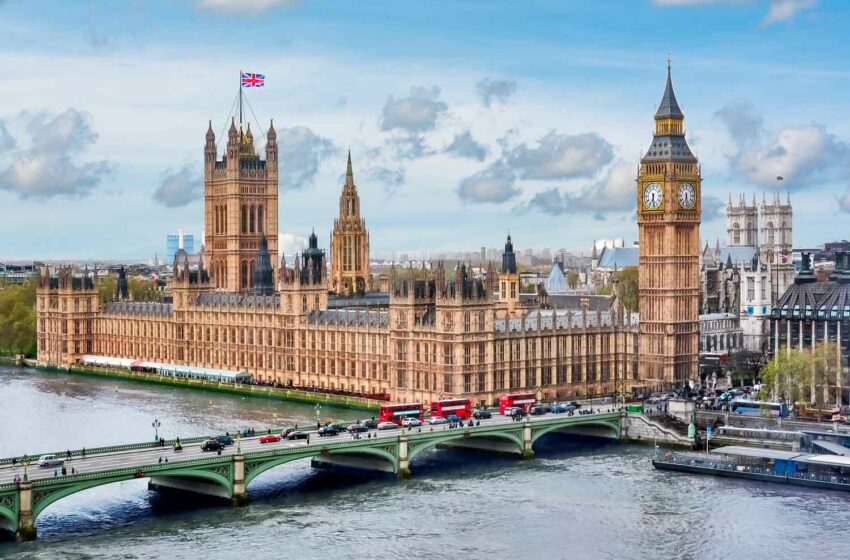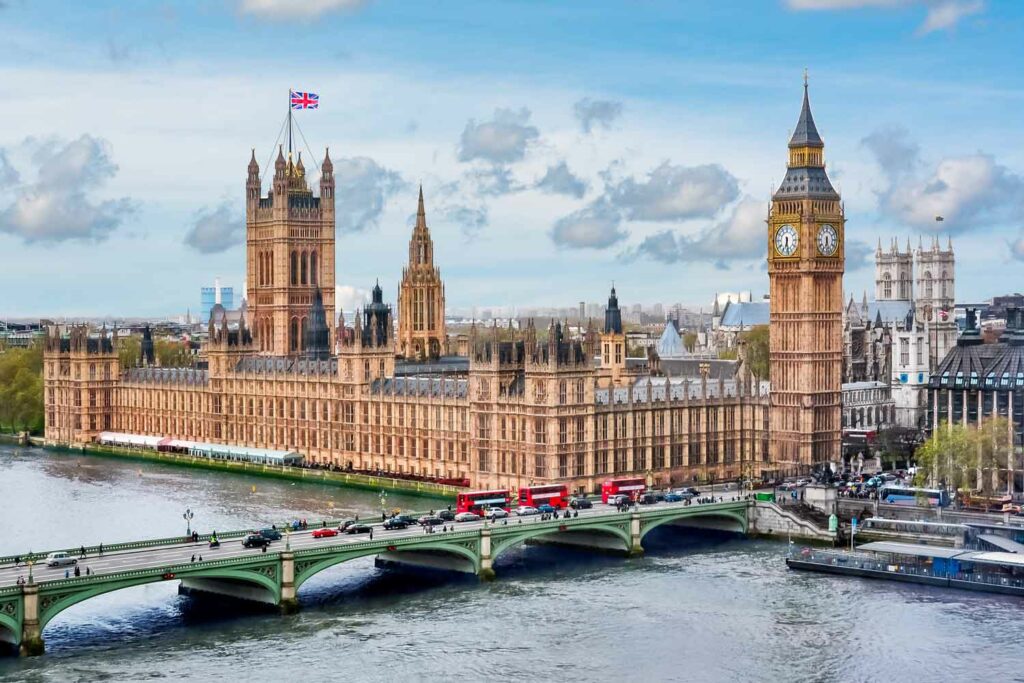Creating a generation of people who never smoke could prevent 1.2 million deaths from lung cancer globally, according to a study led by researchers from the University of Santiago de Compostela, the International Agency for Research on Cancer (IARC), and global collaborators published in The Lancet Public Health journal.
The simulation study—the first of its kind—suggests that banning the purchase of cigarettes and other tobacco products among people born between 2006 and 2010 could prevent 1.2 million lung cancer deaths in 185 countries by 2095.
The findings indicate that creating a so-called tobacco-free generation could reduce the impact of smoking on lung cancer deaths in future generations.
“Lung cancer is a major killer worldwide, and a staggering two-thirds of deaths are linked to one preventable risk factor—tobacco smoking,” said author Julia Rey Brandariz, University of Santiago de Compostela, in a statement.
“Our modeling highlights how much there is to gain for governments considering the implementation of ambitious plans toward creating a tobacco-free generation. Not only could this save huge numbers of lives; it could massively reduce the strain on health systems of treating and caring for people in ill health as a result of smoking.”
No countries have laws currently making it illegal to sell tobacco to young people. New Zealand’s groundbreaking legislation to ban the sale of tobacco products to anyone born in or after 2009 was recently repealed.
To date, few studies have analyzed the impact of banning the sale of tobacco products among specific age groups or generation, with most focusing on potential health benefits rather than deaths.
The new study is the first to evaluate the effect that implementing a tobacco-free generation would have on future lung cancer deaths. It focused on people born between 2006 and 2010 because the legal age for buying tobacco products is 18 years in most of the countries included in the analysis.
Future lung cancer death rates were predicted based on historical data on 82 countries recorded in the WHO Mortality Database. These estimated rates were applied to data in the GLOBOCAN 2022 database—an IARC global cancer statistics platform—to predict lung rates among people born between 2006 and 2010 for 185 countries. The number of avoidable smoking-related lung cancer deaths was calculated using data on lung cancer deaths among people who had never smoked from a previous study.
The analysis indicates an estimated 1.2 million lung cancer deaths could be prevented in 185 countries if smoking was eliminated among people born between 2006 and 2010. This could prevent 40.2 percent (1.2 of 2.9 million) of the total lung cancer deaths expected to occur in this birth cohort by 2095.
Almost half of expected lung cancer deaths among men could be prevented (45.8 percent, 844,200 of 1.8 million deaths), and close to one-third of expected deaths in women (30.9 percent, 342,400 of 1.1 million deaths).
Among men, the greatest number of potential lung cancer deaths avoided would be in upper-middle-income countries (64.1 percent or 541,100 of 844,200 deaths). The impact would be greatest in Central and Eastern Europe, where 74.3 percent of potential deaths (48,900 of 65,800 deaths) could be averted. In women, the most potential deaths averted would be in high-income countries (62.0 percent or 212,300 of 342,400 deaths). The greatest impact would be in Western Europe, where 77.7 percent of deaths (56,200 of 72,300 deaths) could be avoided.
Overall, most of the potential prevented deaths would occur in low- and middle-income countries (LMICs), with estimates suggesting almost two-thirds of the potential deaths avoided (65.1 percent or 772,400 of 1.2 million) would be in these countries. The other potential deaths avoided would be in high-income countries, where close to two-thirds of all potential lung cancer deaths (61.1 percent, 414,100 of 677,600) would be prevented.
“While rates of smoking in high-income countries have fallen in recent years, lung cancer remains a leading cause of death and disease. In low- and middle-income countries, which have rapidly growing populations of young people, the impact of banning tobacco sales could be even greater,” said author Isabelle Soerjomataram of the International Agency for Research on Cancer,
“Part of the reason why eliminating smoking could save so many lives in low- and middle-income countries is because they tend to have younger populations than high-income countries. Smoking also remains very common in many of these countries, while rates have fallen in many high-income countries. While we must redouble our efforts to eliminate smoking in all parts of the world, this is especially important in low- and middle-income countries.”
The authors acknowledge some limitations to their study. It was not possible to take into account all the factors affecting implementation, such as the black market or poor compliance, but the authors conducted further analyses to estimate the reduction in health impacts if the ban was not completely effective. Lack of data in some regions meant lung cancer predictions could only be carried out for 82 countries. Predictions for other countries—mostly low-income countries—may be over- or underestimated as these were produced by extrapolating data based on location and lung cancer burden. There was limited data on lung cancer rates among people who have never smoked—some from before the 2000s—which could affect the estimates as rates may have changed due to improvements in healthcare. Predictions did not account for the use of e-cigarettes.
